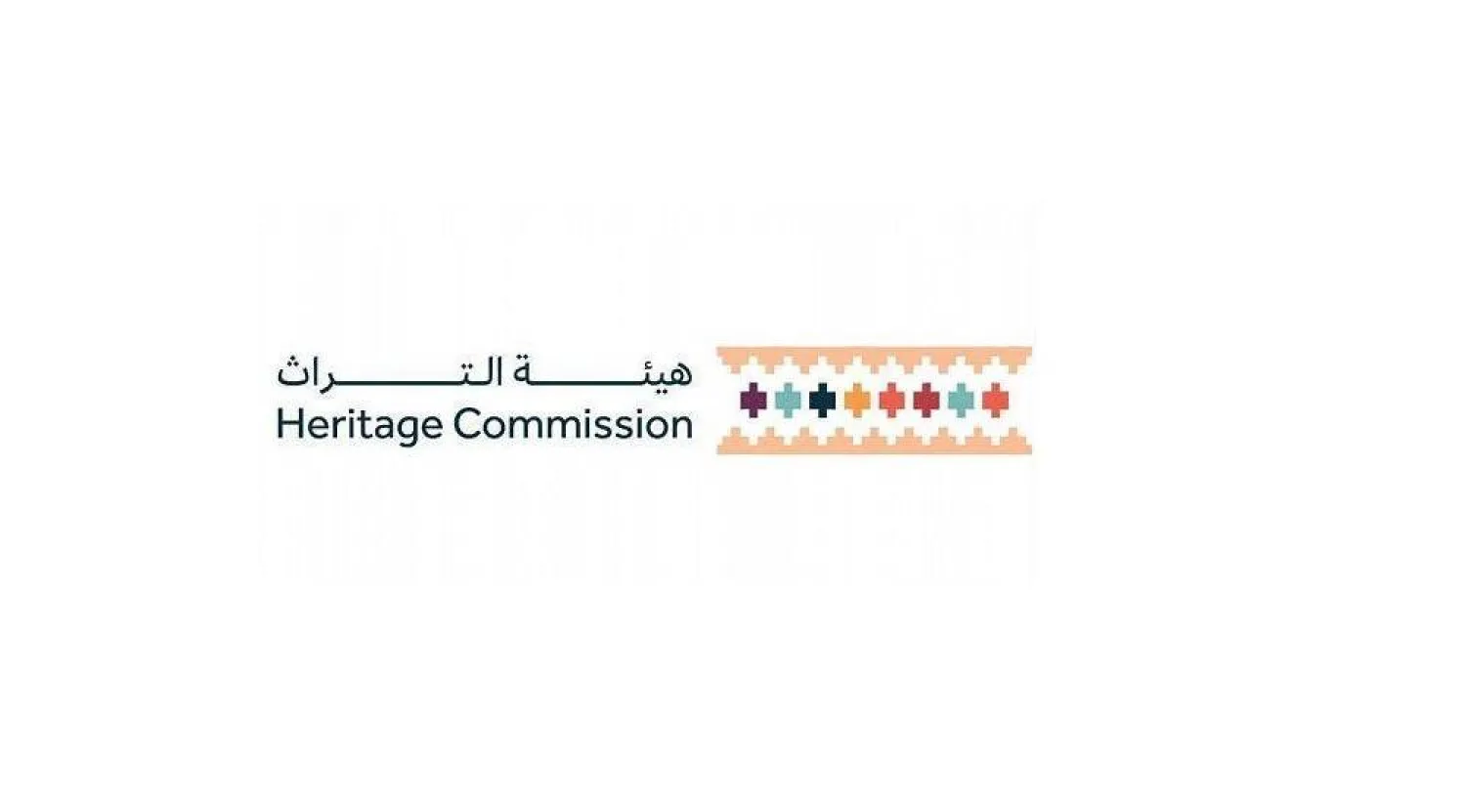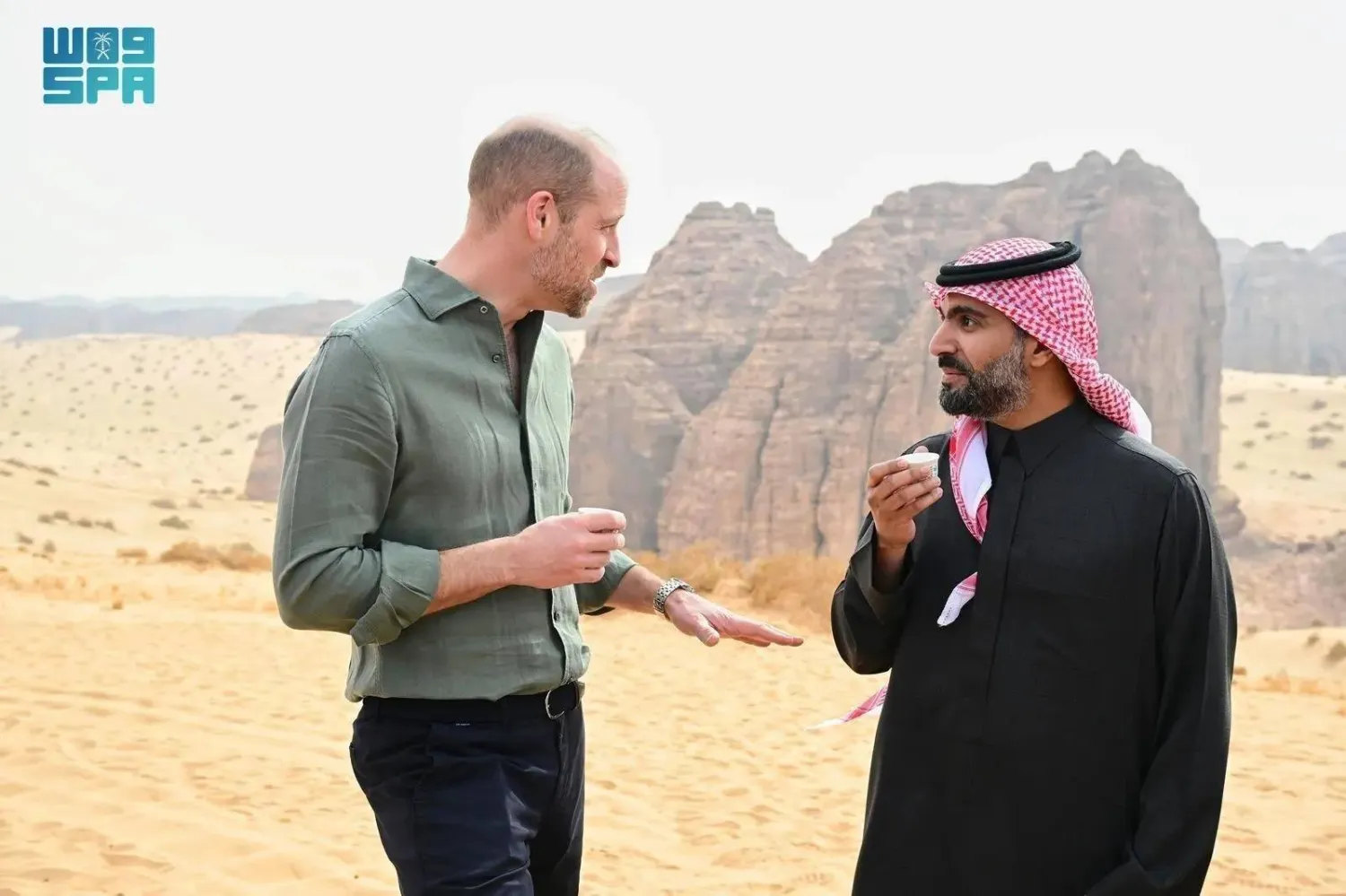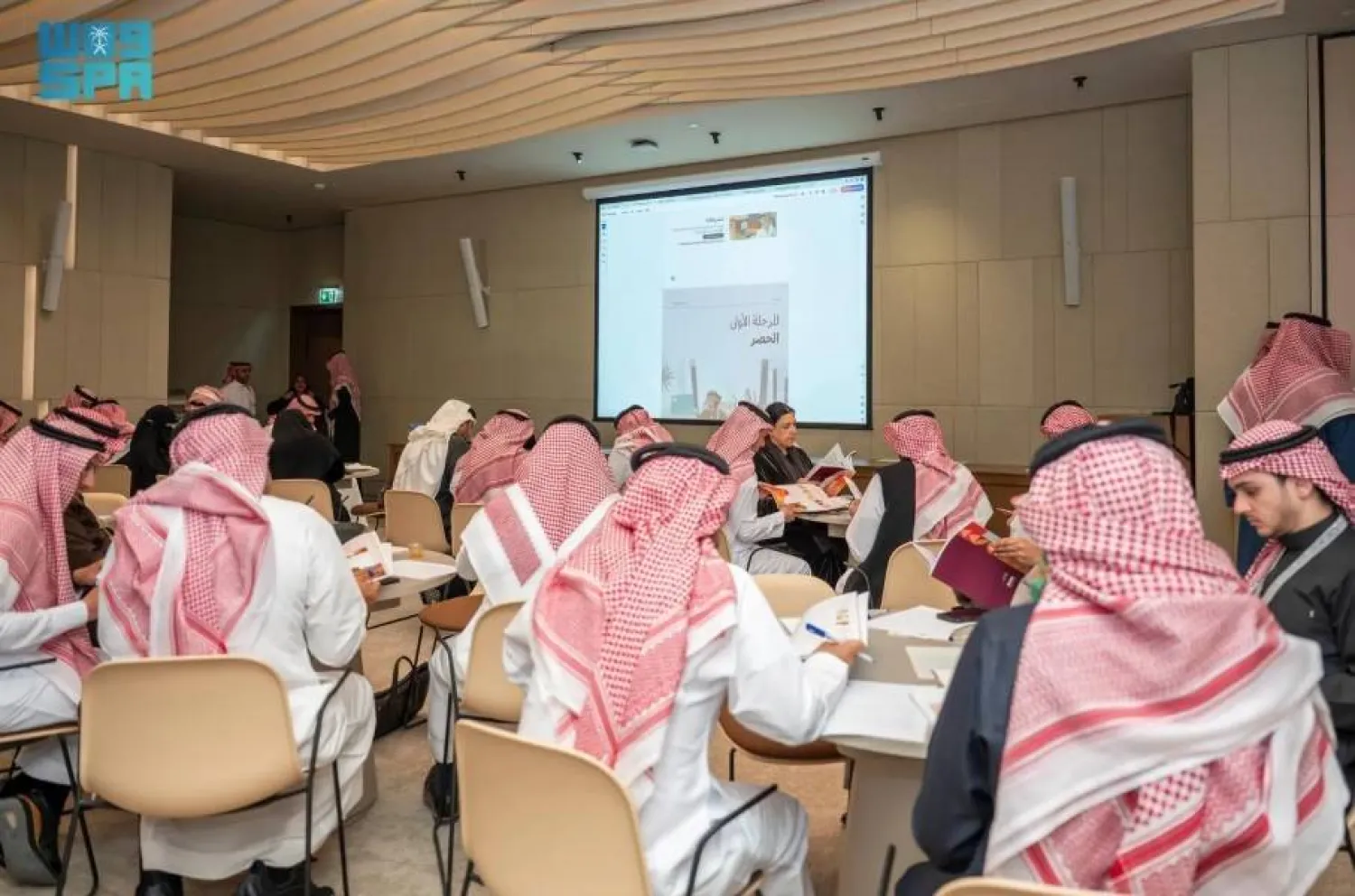Saudi Arabia’s Heritage Commission signed on Sunday a cooperation agreement with the Arab League Educational, Cultural and Scientific Organization (ALECSO) to hold an executive program to qualify 100 Arab specialists in the field of world heritage.
The agreement was signed during the two-day ALECSO Forum for Business and Partnerships, an initiative led by Saudi Arabia, which kicked on in Tunisia on Sunday.
The agreement seeks to establish a rehabilitation forum for young professionals to build their capacities in world heritage and enable them to learn the best international practices in the field.
The executive program aims to raise awareness and knowledge through the development of joint educational and training programs targeting professionals and experts, developing skills and expertise by organizing collaborative workshops and training courses covering a variety of areas of world heritage, exchanging experiences according to best practices and technologies, and boosting international cooperation in heritage preservation.
The initiative of the "ALECSO Business and Partnerships Forum" was approved by the Executive Council of the organization at its 119th session, and is the first in the history of the organization since its establishment 53 years ago.
As the first of its kind among similar regional and international organizations, it is based on the concept of partnerships and financing to ensure the development of ALECSO's business by providing an appropriate platform to reach successful partnerships based on collective agreements to finance the Organization's projects and programs.
Saudi Arabia will host ALECSO’s 21st regular meeting of its Executive Council and the 27th regular meeting of its General Conference in Jeddah from May 15 to 18.
The hosting is a result of the generous patronage and unwavering support extended to the education, culture, and science sectors by Custodian of the Two Holy Mosques, King Salman bin Abdulaziz Al-Saud, and Prince Mohammed bin Salman, Crown Prince and Prime Minister.









